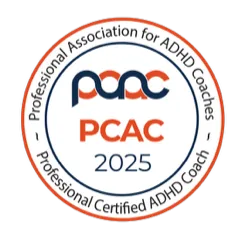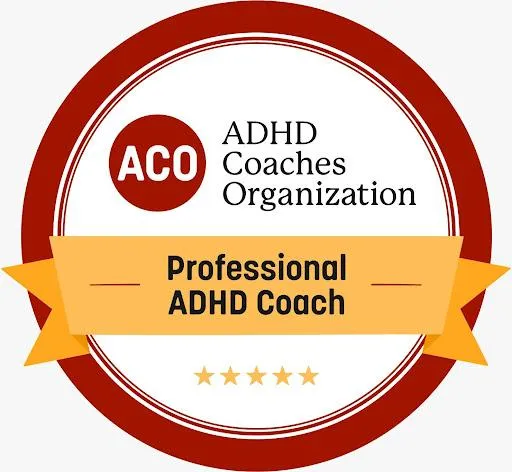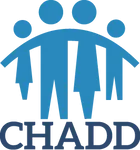Welcome to your Portal
Check my Appointment
View and manage all your upcoming sessions. Easily access session details, reminders, and reschedule appointments.
My Coaching Workbook
Your go-to resource for your work with your coach. You’ll find the work you’ve already done with your coach here as well as a record of any homework or experiment’s you’ve commited to.
Click here.
Files from your coach
You’ll find any specific exercises, files, presentations, etc the coach wants to share with you here.
Client Resources Files
You’ll find helpful information here. Including additional resources and source information for all my presentations.
You’ll also find templates like the Coaching Session Prep Post Sheet
Your Personalized Workbook
Can this be a button to the google drive folder? How will all those files fit here? If it is a button can it be with the other two above?
Client Feedback Form
I am committed to providing excellent service to all my clients.
Please use this form to share any feedback—positive or constructive—that might help me deliver even better service in the future.
Your insights are highly valued and will directly contribute to improving your experience.
Blogs You Might Enjoy
Access your exclusive workbook filled with exercises, resources, and insights to support your progress.

How the Stages of Grief Can Explain the ADHD Diagnosis Journey
After you’ve been diagnosed, the real work begins. Not only for you, but your family as well. One can compare the journey most of us go through after diagnosis to the stages of grief.
According to Healthline there are 7 stages of grief:
Shock and denial. This is a state of disbelief and numbed feelings.
Pain and guilt. You may feel that the loss is unbearable and that you’re making other people’s lives harder because of your feelings and needs.
Anger and bargaining. You may lash out, telling God or a higher power that you’ll do anything they ask if they’ll only grant you relief from these feelings.
Depression. This may be a period of isolation and loneliness during which you process and reflect on the loss.
The upward turn. At this point, the stages of grief like anger and pain have died down, and you’re left in a more calm and relaxed state.
Reconstruction and working through. You can begin to put pieces of your life back together and carry forward.
Acceptance and hope. This is a very gradual acceptance of the new way of life and a feeling of possibility in the future.
While it’s true that grief is universal, ADHD is not, but the stages a person goes through to get over loss can be compared to the stages we’ll all go through after our ADHD diagnosis. The timeline of your progress through those stages can be months, or years, even. I was diagnosed at age 6, but I wouldn’t say I truly accepted it until recently, at 40.
There are countless articles across the web that can tell you how the stages of grief apply to this area. I’m going to share my own experience so it might shed some light on your own.
ADHD Coaching & Consulting by Dorsey McFadden
Located in Richmond, VA
Accepting clients Worldwide






Facebook
Instagram
LinkedIn